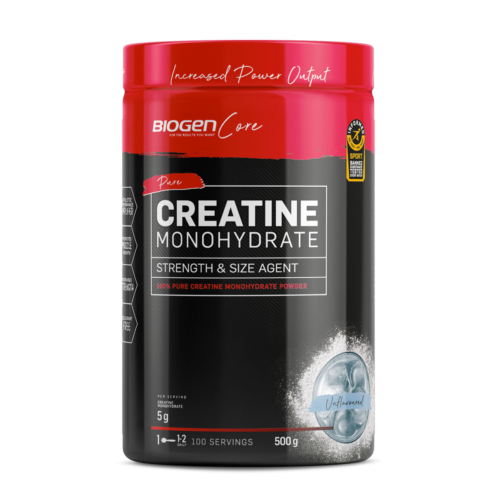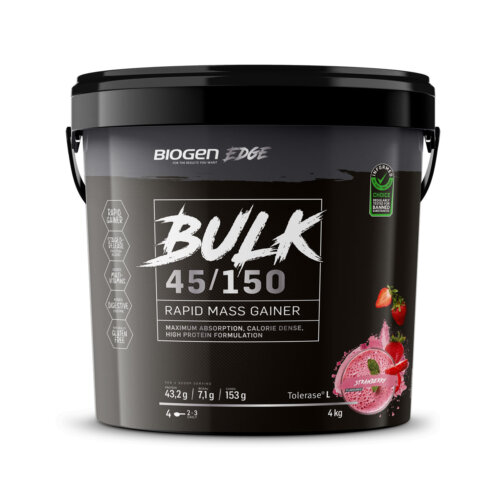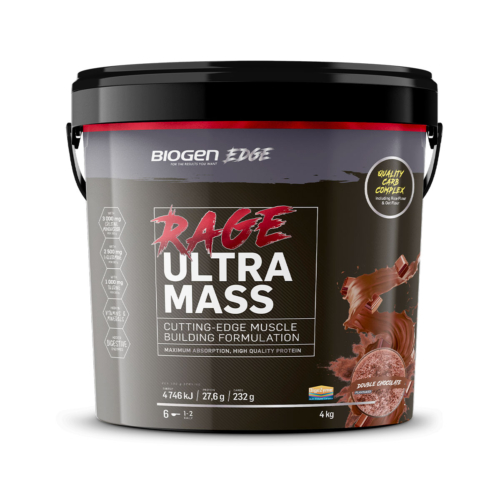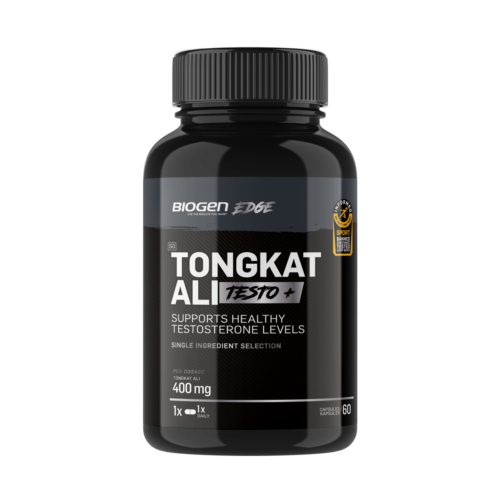
Your Winter Bulking Blueprint for Sustainable Size, Strength, and Smart Gains
While many choose to hibernate, winter is the ideal season to punch your ticket on the gains train to arrive at destination muscle mass by the time summer rolls around.
In fact, playing the gains game in the colder months is like working out with the cheat codes because we tend to experience changes in hunger and hormones that can support the massive gains we’re after.
The mass gain cheat code
Your appetite can increase in winter due to several factors, including physiological responses to cold weather and changes in seasonal habits and emotions.
Our body needs more energy to generate additional body heat, so hormonal fluctuations drive the urge to eat.
If you eat right, with the right amount of calories and macronutrient combination, every meal becomes an unstoppable power-up and gains come faster than your metabolism can blink.
Specifically, your body produces more ghrelin, which increases hunger, and less appetite-suppressing leptin. These changes make winter prime time for calorie-dense meals packed with carbs and protein to fuel muscle growth and recovery.
Fill your meal plan with hearty yet wholesome meals like:
- Warm oatmeal and protein powder
- Power omelettes
- Breakfast wraps
- Beef stew
- Chicken curry
- Cottage pie
- Bone broths
- Bean soups
Skip the dirty bulk
While hitting those daily calorie targets is important, give the ‘dirty bulk’ a skip. Focus predominantly on quality ingredients and calorie-dense foods from natural sources, keeping fast and convenience foods to a minimum.
What your body needs for a superior winter bulking phase is a comprehensive nutrition plan that supports recovery and muscle growth with sufficient calories and the right combination of macronutrients.
Other common mistakes lifters make when following a winter bulking diet include:
- Neglecting macronutrient balance: Consuming too many calories from junk food and not enough protein to support muscle synthesis.
- Overeating: Even when your bulking diet is clean, it is important to monitor your calorie intake or weight gain rate. Failing to do so can lead to bloating and low energy levels.
- Failing to adjust: Sticking with one approach for too long, even when your weight gain plateaus or fat gain skyrockets, can derail your mass-building plans.
While the goal of bulking is to increase size and strength, doing it blindly can lead to excessive fat, which will make your eventual cutting phase longer, harder, and more frustrating.
Winter mass gain guide
If you’re looking to tick these boxes and emerge from winter with mass monster mode engaged, follow these mass gain guidelines:
Supplement guidelines
A mass gainer supplement offers a convenient and tasty way to support – not replace – a predominantly whole-food diet, helping you hit that daily calorie target and meet your macronutrient requirements.
A comprehensive product like Biogen Rage Ultra Mass or Biogen BULK 45/150 provides the serious calories you need to build serious mass.
Biogen Bulk 45/150 Mass Gainer provides serious energy to fuel your gains with 150g of carbohydrates to replenish glycogen stores, boost energy levels during training, minimise muscle breakdown after training, and promote the overall bulking process. A serious 45g dose of highly bioavailable protein in every serving supports muscle growth.
For an extra edge, go for Biogen Rage Ultra Mass, a high-protein supplement that contains an exceptional level of amino acid content and added taurine and tribulus terrestris, which contribute to power and strength.
A supplement like Biogen Creatine Monohydrate can support higher training volume and supercharge the intensity of every session to promote better gains – it’s the turbo-boosting fuel you need to lift heavier and grow bigger.
A natural testosterone booster supplement can also support your gains by optimising anabolic hormonal balance, which can boost strength and support muscle growth.
Boosting testosterone is important when following a high-calorie, high-carb diet because it can increase cortisol levels—a hormone that, in excess, can limit muscle growth and promote fat storage by impacting natural testosterone production.
A supplement like Biogen Tongkat Ali Testo+, which delivers 400mg Eurycoma longifolia Jack per serving, offers a credible single-source ingredient designed to increase testosterone production.
















